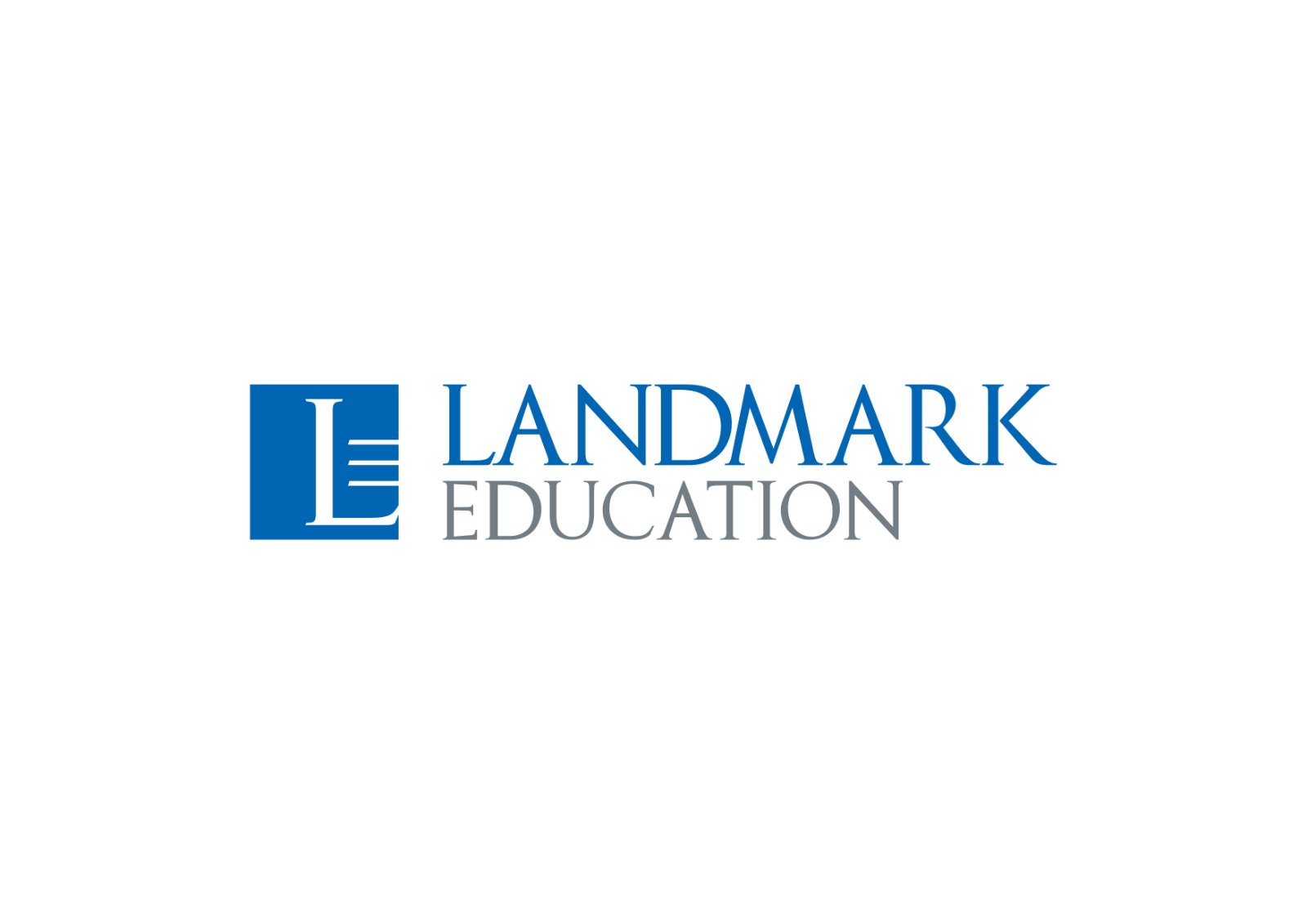Keynote Speaker: Dr. Swaroop Rawal

Dr. Swaroop Rawal’s chosen path is one of development and transformation, for
humanity; of sewa of the children of India. Her sewa is not only confined to the
walls of one classroom, but to the rural arena where her scope for caring,
compassion and selfless service is unique. She teaches a wide range of students,
from Primary Schools all the way up to Post-Graduate students.
Swaroop Rawal has been awarded a Doctor of Philosophy (PhD) in Education
(2006) and more recently a Doctor of Letters (2017) both from the University of
Worcester, UK.
A life skills educator uses drama-in-education to teach; her work covers a wide
canvas of many states in India including Maharashtra, Gujarat, Rajasthan,
Uttarakhand, Jharkhand, Karnataka and Pondicherry. Presently teaching
Postgraduate students appearing for their MSW & MSW-HR degrees at Sardar
Patel University. She was on the list of the top ten teachers for the Global Teacher
prize, 2019.
Some Key Positions:
Non-government member of Central Advisory Board of Education, India.
Member -National Focus Group for position papers for New Education Policy 2022
Board of Studies- the School of Entrepreneurship & Family Business Management, Narsee Monjee Institute of Management Studies, Mumbai
Board of Studies- Deviprasad Goenka Management College of Media Studies
Member of Advisory board, Jamnabai Narsee International School, Mumbai
Member of Advisory board, Jamnabai Narsee Gift City School, Gujarat
Founder of Early Childhood Association, India
Editorial board member of Educational Journal of Living Theories
Member of Governing Council of Save the Children, India/ BalRaksha, Bharat
Board Member of Humanitarian Aid International
Title
The transformative influence of my living-educational-theory: Accounts from my classroom
Abstract
COVID-19 pandemic disrupted the educational experiences of billions of students, of all ages, forcing schools, colleges and universities to move their classes online. A large number of faculty and students were unprepared to teach or learn online. Lack of access to digital devices, and connectivity hindered online learning creating a huge gap in learning and leading to unequal education. Teachers struggled to hold the attention of their students and maintain an engagement in a classroom setting. All the efforts to provide remote instruction were creditable, but they have been a feeble alternative for in-person learning. In this talk, I try to answer the question “How can I improve the situation here?” “How can I transform my practice so that I can adequately increase the learning agency of my students to support them to develop lifelong learning skills?” “How can I make my students learning transformative?” I argue that transformation does not come without challenges; for education to be transformative for students, it must engage them in “the process of developing critical methods of thought that will enable them to deal with [their] ever-changing world effectively and responsibly” (Dewey1992). Further, I will narrate accounts of how I held myself accountable for my own practices by generating my living-educational-theory (Whitehead, 1989) and by doing so made significant contributions to the growth of educational knowledge.




